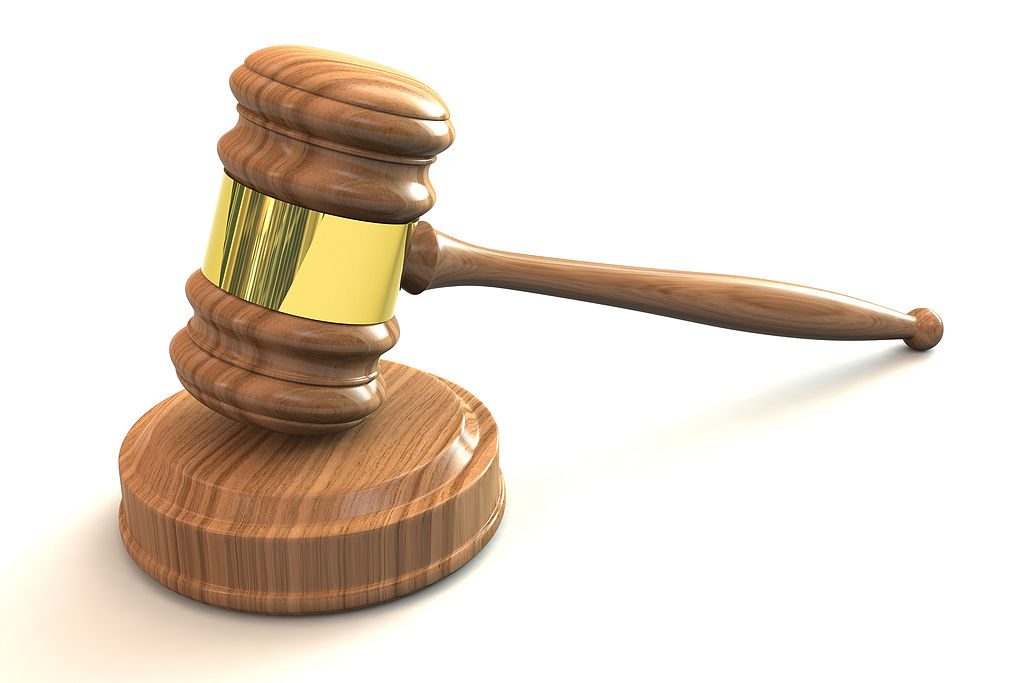It’s a little-known fact that renters who end up in housing court can find themselves on a dreaded “tenant blacklist,” making it difficult to procure a NYC apartment in the future. Now, thankfully, several City Councilmembers are taking steps to kill the list once and for all, so go ahead and skip a rent payment when your landlord shuts your heat off, you deserve it.
Though the city stopped permitting housing court to identify tenants sued for eviction by their names and addresses in 2012, private companies have been able to gather that identifying information through public records, which they can then sell to landlords screening prospective renters. This is a problem, particularly because you don’t have to be convicted in such a case to end up on this list—in fact, people who’ve been taken to court by mistake can still end up on the list.
But legislation sponsored by City Councilmembers Ben Kallos, Rory Lancman, Alan Maisel, and Mark Levine aims to curb all this by amending the city’s administrative code, making it impossible for landlords to reject an applicant based on whether or not they were “a party in past or current landlord-tenant action or housing court proceeding.” Landlords would still be able to screen tenants who are evicted or fail to satisfy the terms of a court order.
The Metropolitan Council on Housing says the bill is necessary to protect tenants. “The tenant blacklist exists solely to harass tenants and to create a less stable housing situation,” Program Director Ilana Maier told us today. “We run a tenant help hotline, and we get calls every week from people who don’t know what to do because they’re on the tenant blacklist and they can’t get new housing.”
Maier says one of the biggest problems with the blacklist is that it makes it harder for tenants to address problems with their current housing. “[Blacklisted tenants] can’t complain about their current housing situation no matter what their landlord is doing, because if they were to not have their lease renewed, or if they were to be evicted, they know that’s going to be so hard to find a new place. So they end up living in really unstable and horrible housing situations,” she said. “Even for someone who’s not yet on the blacklist—just the mere threat of being on the blacklist frightens people away from making complaints and trying to get necessary repairs.”
But though the legislation is an improvement, it’s unclear whether landlords will abide by it should it become law. “There needs to be an enforcement mechanism,” Maier said.
Source: gothamist







